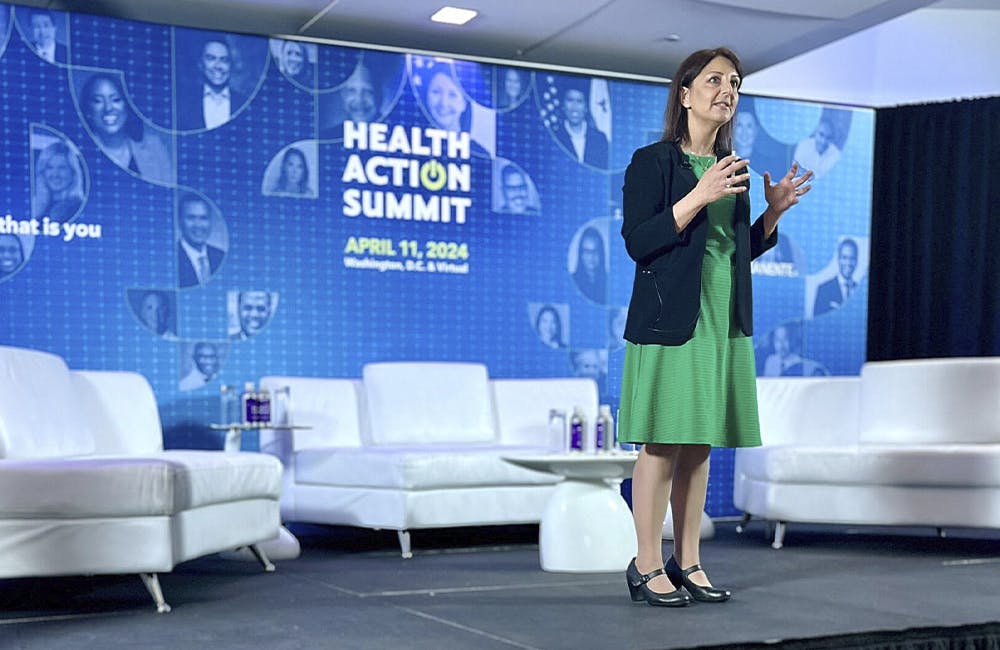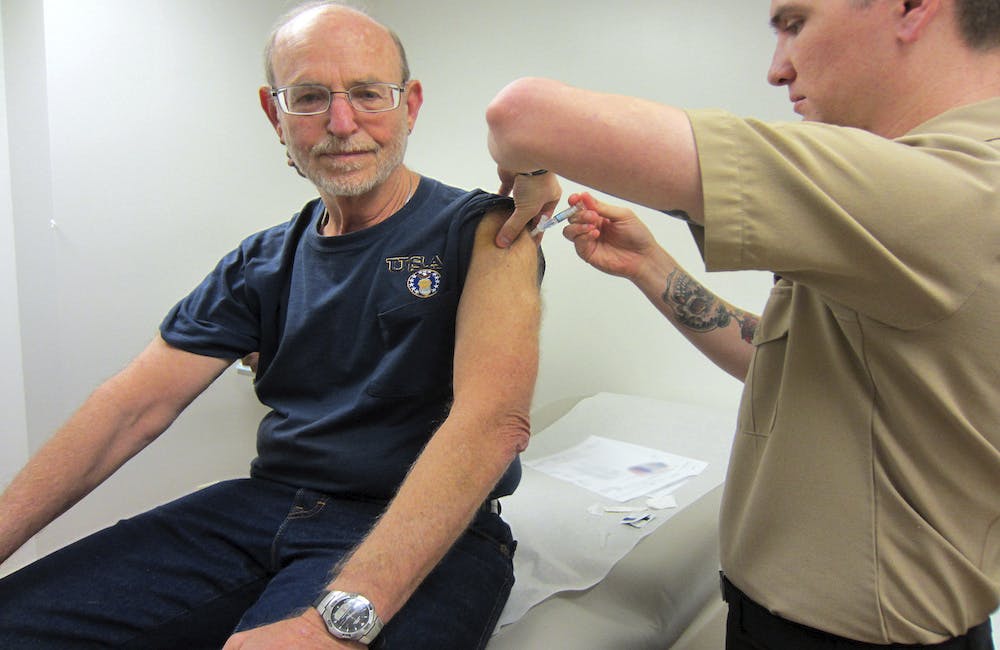HHS Releases Final Rules for EHR Interoperability, Information Blocking
The rules require patient health information sharing among providers for improved patient care.

The Department of Health and Human Services released its final rules to further promote electronic health record interoperability and prevent information blocking among providers to support value-based care and expand patient choice.
The highly anticipated rules stem from the 21st Century Cures Act passed in 2016, which includes a provision that mandates all electronic health information, structured and unstructured, to be easily accessible for patients through the adoption of application programming interfaces without special effort.
“Currently, many EHR contracts contain provisions that either prevent or are perceived to prevent users from sharing information related to the EHRs in use, such as screenshots or video,” according to a press release. This could prevent providers from receiving the full medical story of a patient and limit their quality of care.
The Office of the National Coordinator for Health IT’s final interoperability rule addresses this by requiring EHRs to follow common data standards from the U.S. Core Data for Interoperability standardized health data set that reinforces the data elements and data classes necessary for a nationwide, interoperable health information exchange.
This means providers must share unstructured data like clinical notes and other specifics like patient medications and allergens that may have previously been intentionally or unintentionally withheld.
In regard to information portability, the rule makes possible the choice of electronic patient-access to health information through smartphone apps and requires providers to give patient health information to third parties through APIs, given a patient’s request, the National Coordinator for Health IT Dr. Don Rucker explained in a press call.
“We believe that by giving patients control of the health information — and it’s not just access to the data, it’s computable control of the healthcare information — we’re going to see a growth in patients taking health care IT markets to an entirely new ecosystem that’s going to be fueled by transparency about product and price,” he said.
Supported by ONC’s final rule, the Centers for Medicare and Medicaid’s Interoperability and Patient Access final rule builds upon Blue Button 2.0 efforts to make Medicare beneficiary claims data electronically accessible, said CMS Administrator Seema Verma on the call.
Beginning in 2021, Medicare Advantage, Medicaid, CHIP, and federal exchange plans will be required to share claims and other health information through a Patient Access API, she said.
States will also need to send data for beneficiaries enrolled in both Medicare and Medicaid by April 1, 2022, to eliminate waste and burden and improve care coordination, she added.
“In a health care system characterized by the easy and seamless flow of information, one in which a patient’s own data follows them to the provider they choose, care for patients drastically improves,” Verma said.
“These rules represent invitations to deliver new and innovative tools for patients — driving higher quality, lower costs and a more efficient healthcare system in America,” she said.
This is a carousel with manually rotating slides. Use Next and Previous buttons to navigate or jump to a slide with the slide dots
-

CDC Updates Public Health Data Strategy
Accelerating data sharing through capabilities like electronic case reporting make up a large portion of the new two-year plan.
3m read -

HHS Makes One-Stop Cybersecurity Shop in ASPR
The agency is working on standards and cyber incident response capabilities to help health care organizations combat ransomware threats.
4m read -

Women Technologists Highlight Workforce Impacts in FDA IT Plan
Tech leaders tackle amplifying women in the workforce as the agency works toward its two-year IT modernization plan.
3m read -

VA Kicks Off EHR Program at Joint Facility with DOD
The agency's Dr. Neil Evans briefed how the Oracle-Cerner program rollout in North Chicago is informing next steps in EHR modernization.
4m read







